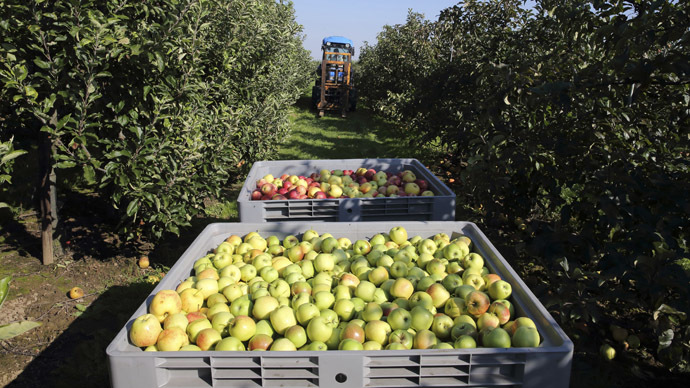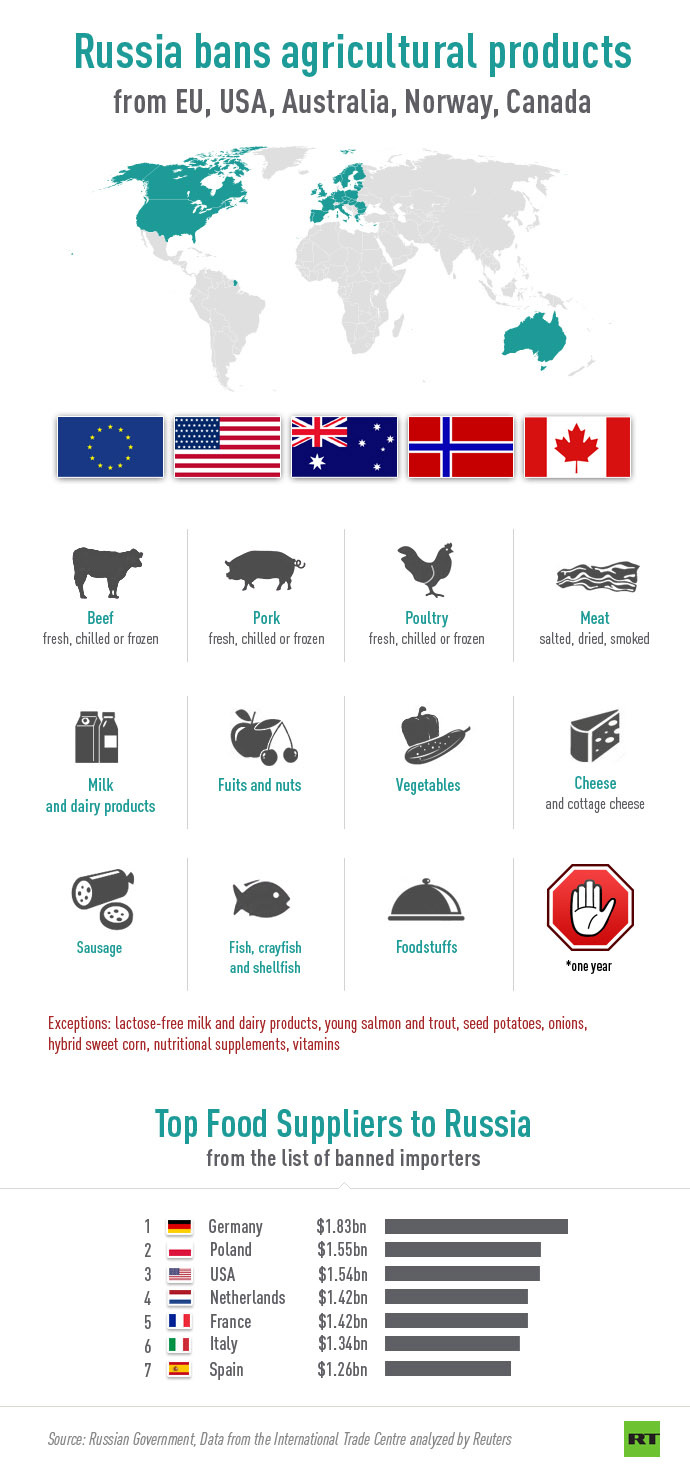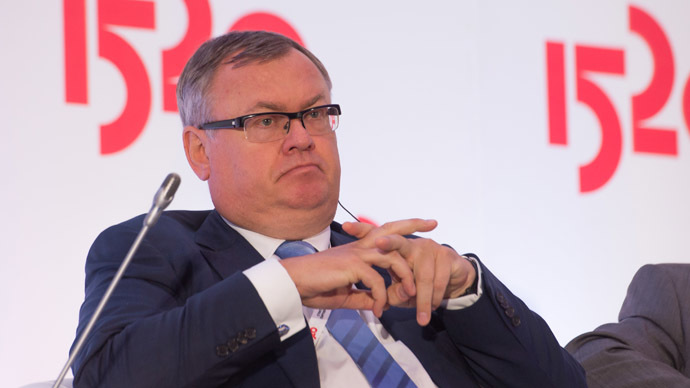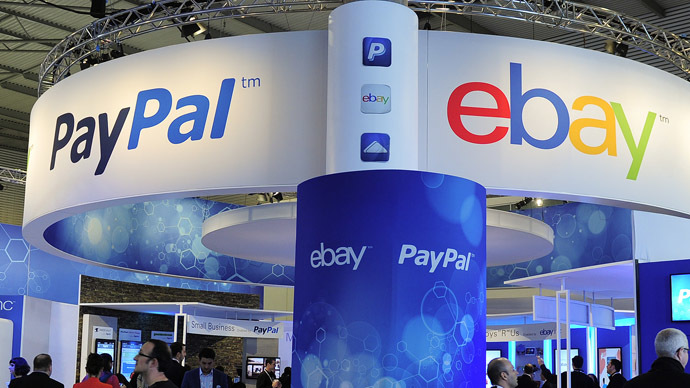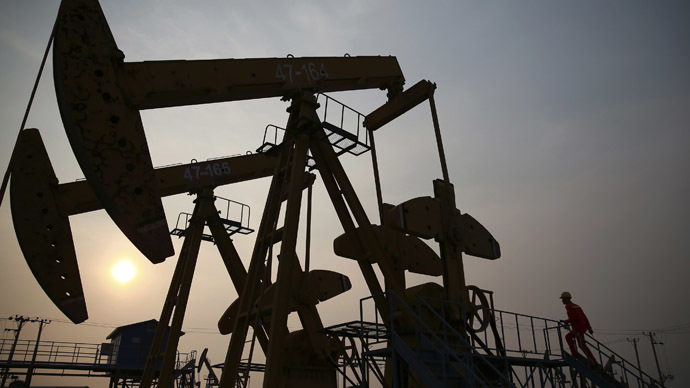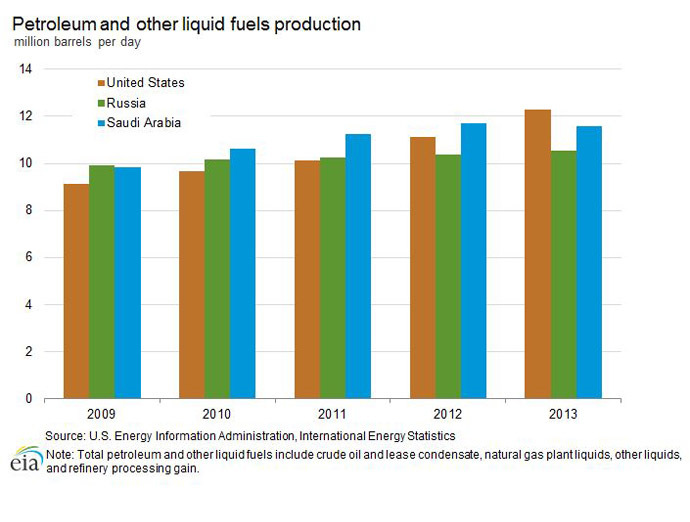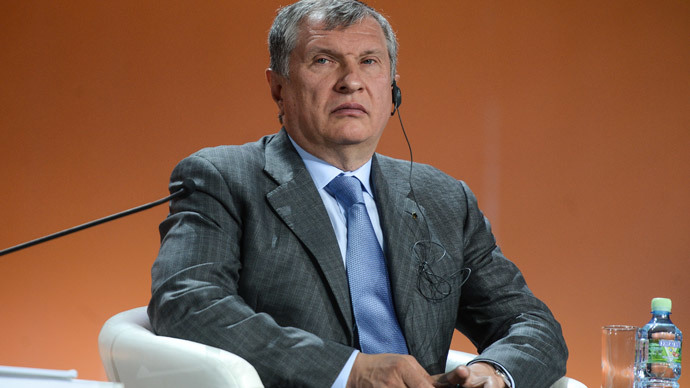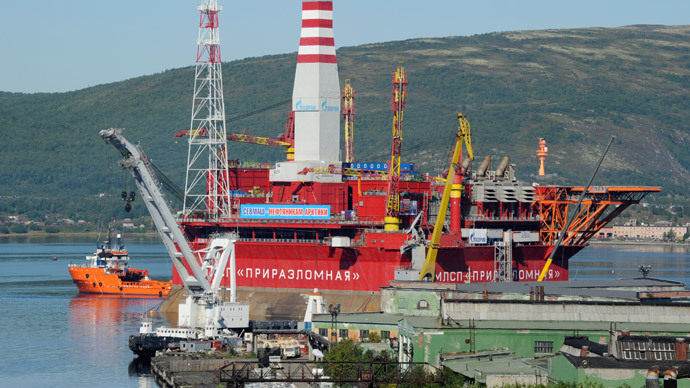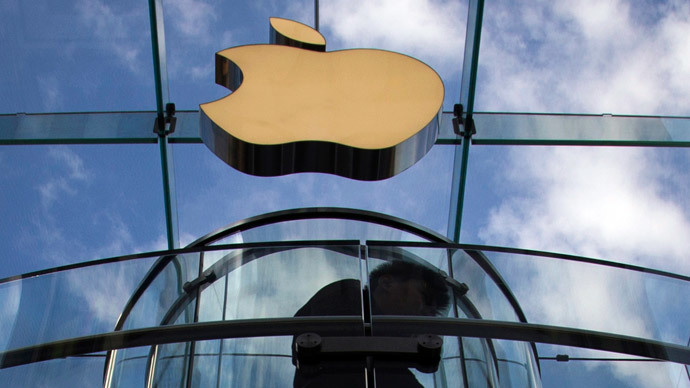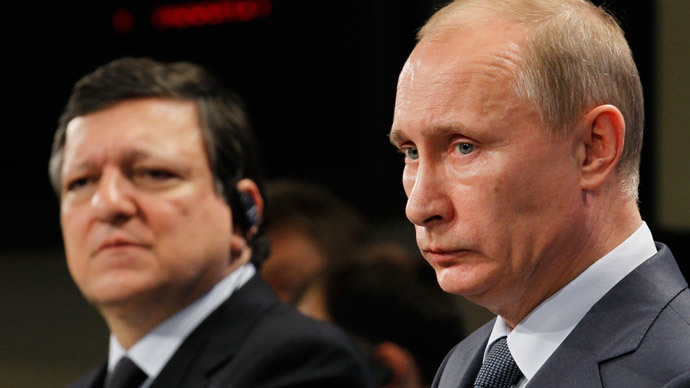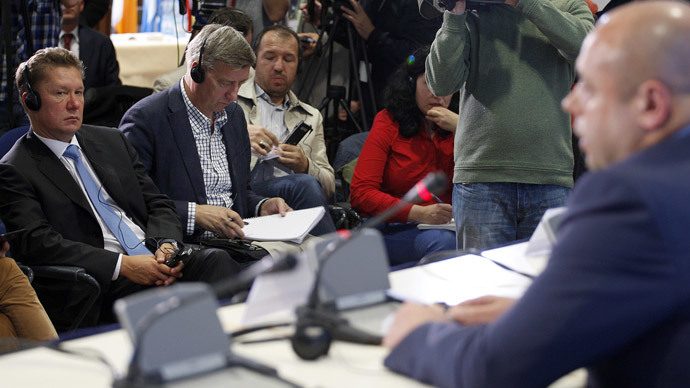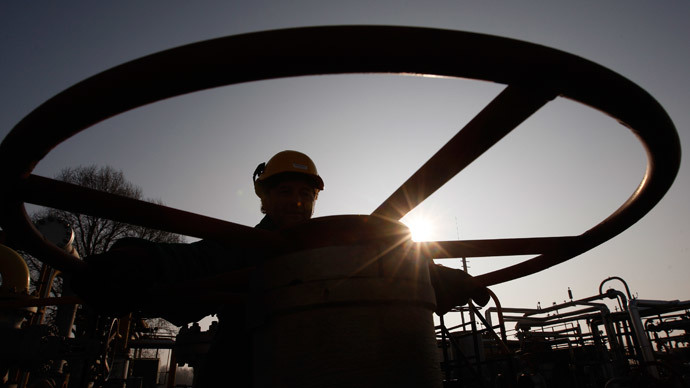While Western nations continue to pile sanctions onto Russia, eBay the world’s largest online marketplace is expanding in the country. On Tuesday, it opened up its platform to Russia’s biggest retailers, eBay’s first local overseas site in seven years.
Local Russian sellers like Wikimart and X5 Retail Group begins to
sell products, ranging from electronics to women’s fashion, on
eBay’s marketplace on Tuesday. To spur activity, sellers will
have a zero percent fee during the first stage of development, as
the company hopes to attract selling partners.
The move is part of the e-commerce company’s emerging markets
strategy, which also includes Brazil, India, and China. Russia
becomes the first country since Australia in 2007 where eBay has
launched a dedicated site.
While Western nations continue to pile sanctions onto Russia,
eBay sees value in the market.
“A year earlier when the eBay general director came here, he
said that Russia is a top priority among the emerging markets,
since then our plans in Russia haven’t changed,” Vladimir
Dolgov, chief of eBay Russia, told RT.
Online shoppers
increased 30 percent to 30 million in 2013. Though the figure is
expected to plateau in the next couple years, it will still
increase at 14 percent annually. Morgan Stanley has forecast
volumes will triple by 2015 to $36 billion, up from $12 billion
in 2012; the year eBay first entered the Russian market.
By the end of December 2013, eBay was receiving 90,000 orders per
day, and had 1 million active users in Russia.
eBay’s biggest individual seller in Russia, online store
Eforcity, believes the timing is perfect.
“eBay Russia reminds me of how we started on eBay in the US
14 years ago,” the company’s founder and CEO Jack Sheng,
told RT.
This time last year, eBay’s partner PayPal began accepting the
Russian ruble in transactions, making it the 26th currency it
accepted.
Russia’s 146 million population could provide a plush market for
eBay, however other concerns remain.
Economic growth isn’t expected to surpass 0.5 percent this year,
and a weakening ruble and inflation may discourage would-be
shoppers.
A softening in consumer spending won’t deter eBay, which Jones
said will stand by its commitment when it first entered the
market.
“Like everybody, we are working through some of the current
changes,” Vice President Wendy Jones told Reuters.
Article source: http://rt.com/business/191872-ebay-expanding-commerce-russia/
